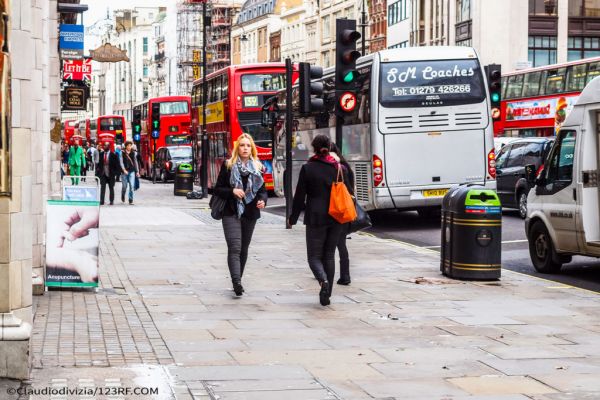The product of a year’s worth of discussion, which took in eight workshops across three continents, the 2020 Future Value Chain report by The Consumer Foods Forum outlines just how the consumer of tomorrow might think and act, and what the retail industry can do to prepare for them.A city-dweller, possibly over 50, with a comprehensive knowledge of consumer technology, concerned about sustainability, health and wellbeing, and demanding an inspiring experience from his or her visits to the local supermarket. That’s the basic modus operandi of the typical consumer nine years from now, according to the 2020 Future Value Chain report, authored by The Consumer Goods Forum in association with Capgemini, HP and Microsoft. The report, subtitled ‘Building Strategies for the New Decade’, is the third and largest Future Value Chain report to date, and it paints a picture of a consumer base not that different to what we have to day, albeit fully ‘plugged in’ to the latest business and consumer technologies.
The report is the product of eight workshops that took place during 2010 – two global workshops, one on a regional level, in association with GS1 in Europe, and five on a country level (Australia, France, Mexico, Netherlands and the USA). 200 executives from the world’s leading retailers and FMCG businesses, as well as leading academics and third party providers were involved, who examined the impact of recent changes in society, the environment and technology, and proposed some of the areas in which the industry should place its focus.
Among the key areas of note were the need to make the both the retail and supply industries more sustainable – with the world’s population scheduled to reach 8.3 billion in 20 years time, a more sustainable and collaborative approach to sourcing will be a necessity. The creation of more ‘shared’ supply chains was also put forward: increased urbanisation and use of consumer technologies will require more advanced distribution models, which are transparent, and will share both products and information. Already, 73 per cent of FMCG companies say they have implemented or improved logistics-related technology tools or enablers, and this growth in communication and high-quality data sharing will be the most critical factor in successful collaboration.
Technology-enabled consumers are also set to drive the agenda more significantly, and both manufacturers and retailers will need to engage with consumers on the platform of their choosing, and improve the level of responsiveness to their demands. And lastly, the ‘health and wellbeing’ fad of recent years is set to evolve into a full-blown movement (if it hasn’t already, you could argue), with full cross-industry collaboration on issues like product safety and ‘quality of life’ set to become central parts of how major producers do business.
“The trends highlighted in the report underline the need for even more collaboration among all parties in the value chain as we move through these challenging times,” said Nigel Bagley, Director for Industry Affairs, Unilever, and Co-Chairman of 2020 Future Value Chain at the launch of the report in New York on January 10th. “We should treat this as an opportunity to urgently act through putting in practice new plans and strategies that better suit the changing needs of our consumers.” Jean-Marc Saubade, Managing Director, The Consumer Goods Forum, reaffirmed this, saying that “through the collaborative efforts from the entire industry and its partners, the industry needs to work closer than ever before, bringing companies together and driving projects and programs through collaborative engagement.”
There’s little doubt that sustainability and environmental matters will continue to capture the Zeitgeist – one only has to look at the measures being undertaken by Coca-Cola, P&G, Unilever et al to portray themselves as ‘green’ – but what effect will factors such as the increasing price of oil (an unfortunate certainty) have on such agendas and supply chain development? Also, we’re not all out of the recession just yet – so dreams of a city-based Utopia may still have to be grounded in economic hard facts.
As futurologists have discovered in the past, it’s risky to predict far-reaching changes taking place in the coming decade – I, for one, am still waiting for the oft-predicted flying car – but just as ten years ago it would have been near impossible to predict how mobile wireless technology would impact on our lives, so the consumer of 2020 is likely to have at his or her disposal elements that can’t be quantified using today’s measures. But it’s sure going to be fun finding out.A full copy of the report is available from www.FutureValueChain.com© 2011 - ESM: European Supermarket Magazine














